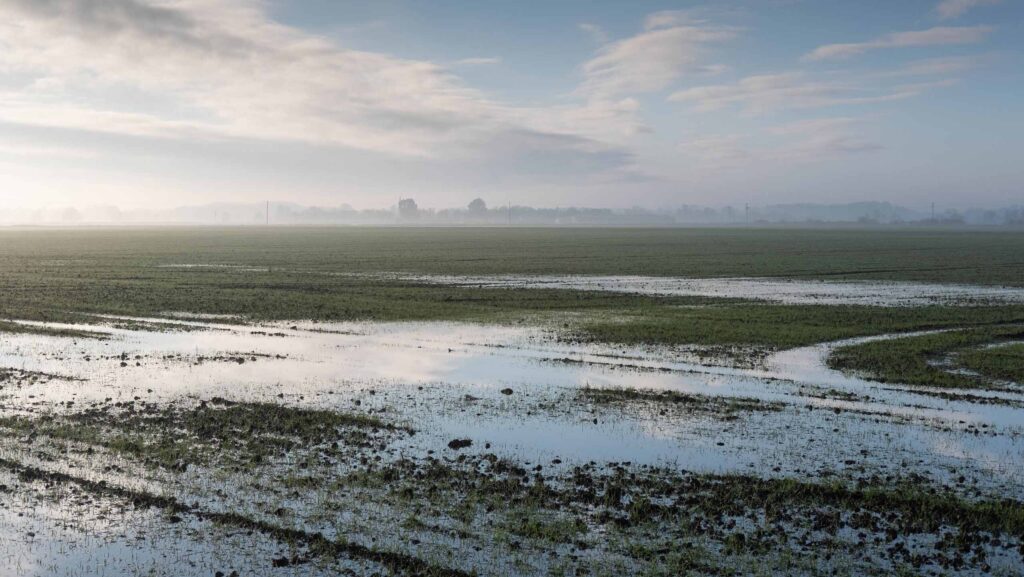UK climate report warns of food security risks and national threats
 © Tim Scrivener
© Tim Scrivener The Labour government is being accused of underplaying the threat of climate change, which could drastically shorten the crop growing season and so jeopardise food security.
One of the key risks identified in a new scientific report is the potential collapse of the North Atlantic subpolar gyre, an ocean current driven by wind patterns and the Earth’s rotation, which could shorten the UK’s growing season by as much as 60 days.
See also: Farmers on front line of climate change battle
Leading climate research organisations, including the Institute of Public Policy Research (IPPR) and the Strategic Climate Risks Initiative, participated in the research and emphasised that the UK government is neglecting a critical national security threat.
This, coupled with recent devastating droughts and floods, raises urgent concerns for food security.
National security threat
In response to the report, Tom Lancaster, head of land, food and farming at the Energy and Climate Intelligence Unit, said: “A scenario in which the UK’s climate radically shifts in the near future, cutting the growing season by as much as two months, is a critical national security threat, and makes the devastating impact of recent droughts and floods on farming seem trivial.”
In the past 18 months, the UK has faced its wettest conditions since 1836, significantly affecting crop yields and farming activities.
Mr Lancaster called for government action. “The warnings here should be a wake-up call to a government that rightly says food security is national security, starting with the need to invest much more into building the resilience of British food production.”
The report warns that the UK government’s current national risk register fails to address these looming climate threats, mirroring the lack of preparedness seen during the Covid-19 pandemic.
Food security
Experts argue that, as climate tipping points become more probable, proactive measures are essential to safeguard food systems and overall national stability.
Laurie Laybourn, an associate fellow at IPPR and lead author of the report, said: “For too long we have treated climate change as if it were some slow-burning long-term issue.”
He urged the government to undertake a rapid national security risk assessment to identify critical threats and to develop mitigation plans.
